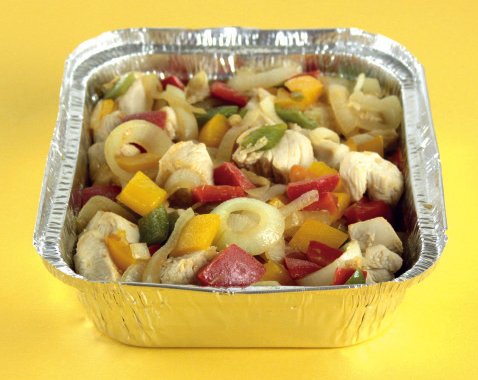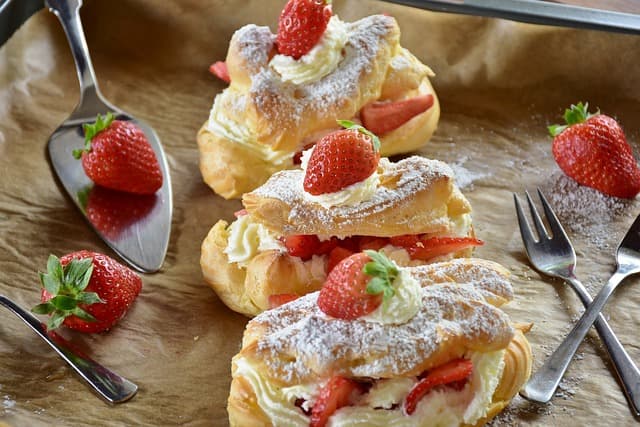
Embark on a culinary journey that celebrates the beauty of each season, where the garden's bounty transforms…

Embark on a culinary journey that celebrates the beauty of each season, where the garden's bounty transforms…

Well, the world is full of delicious and diverse food! Each culture and region has its own…

Willie N Wilson
Chef-teacher of amateur and professional T&S_hearty cooking. Graduated from the College of Technology with a degree in cooking technology, master of apprenticeship. During his career as a chef he managed to achieve a lot of success.

Sharon V Jenkins
Chef-teacher of amateur and professional T&S_hearty cooking classes, speaker of T&S_hearty. Expert in the restaurant market in the following areas: kitchen design, opening a place from scratch, menu development, staff training, regional projects.

Katherine M Lyons
Pastry Chef T&S_hearty. A graduate (with honors) of the famous Alan Ducas ENSP pastry school in Issenjos. Katherine has had many restaurant openings from the ground up, has been a brand pastry chef and developed dessert menus for special events.

Carmen S Anderson
Chef-confectioner of T&S_hearty, an amateur culinary line. Graduated from one of the best pastry schools in the world – BELLOUET CONSEIL. Even though Carmen is already a pastry chef, she continues to improve her skills all the time.

Embark on a culinary journey that celebrates the beauty of each season, where the garden's bounty transforms…

Well, the world is full of delicious and diverse food! Each culture and region has its own…

Are you ready to learn how to make delicious and fluffy pancakes from scratch? Whether you're a…

Any seasoned Pokemon fan may identify a number of the classic dishes featured in the Pokemon TV…

In 1911, the Tobler factory in Switzerland, which produced Toblerone chocolate, was the first industry to use…

Although the main function of food packaging is to protect the product, the main function of design…

About the course You can go to a restaurant, but every Italian knows: the best pasta is…

About the Course Once upon a time people believed that cloves cured long-standing sorrow, cinnamon helped find…

About the course A video course that is perfect for those who want to learn how to…

About the course. Food in the Lunchboxes. An island of home among office meeting rooms. A piece…

About Course What kind of morning do you choose for yourself and your loved ones? Dull oatmeal,…

About the course T&S_hearty Pastry Chef will help you learn the basics of pastry making from scratch…

About the course Do you know how to cook steaks so that they stay juicy on the…

About course What's life without pancakes? But what if you're bored with the usual pancakes and want…

Translation Agency in Hamburg. Quality translations at the best prices.

You can use this web application to compare the size of people and objects. The height comparison tool shows how objects are positioned relative to each other.

Learn to cook Ecuadorian food. Dishes like ceviche or llapingachos could be a great option to your dinner table.

Explore new tastes and transform your kitchen into a gourmet haven with our exciting Krill Meat Recipes Join us on this delicious journey!

Embark on a culinary journey that celebrates the beauty of each season, where the garden's bounty transforms…

Well, the world is full of delicious and diverse food! Each culture and region has its own…

Are you ready to learn how to make delicious and fluffy pancakes from scratch? Whether you're a…

Any seasoned Pokemon fan may identify a number of the classic dishes featured in the Pokemon TV…